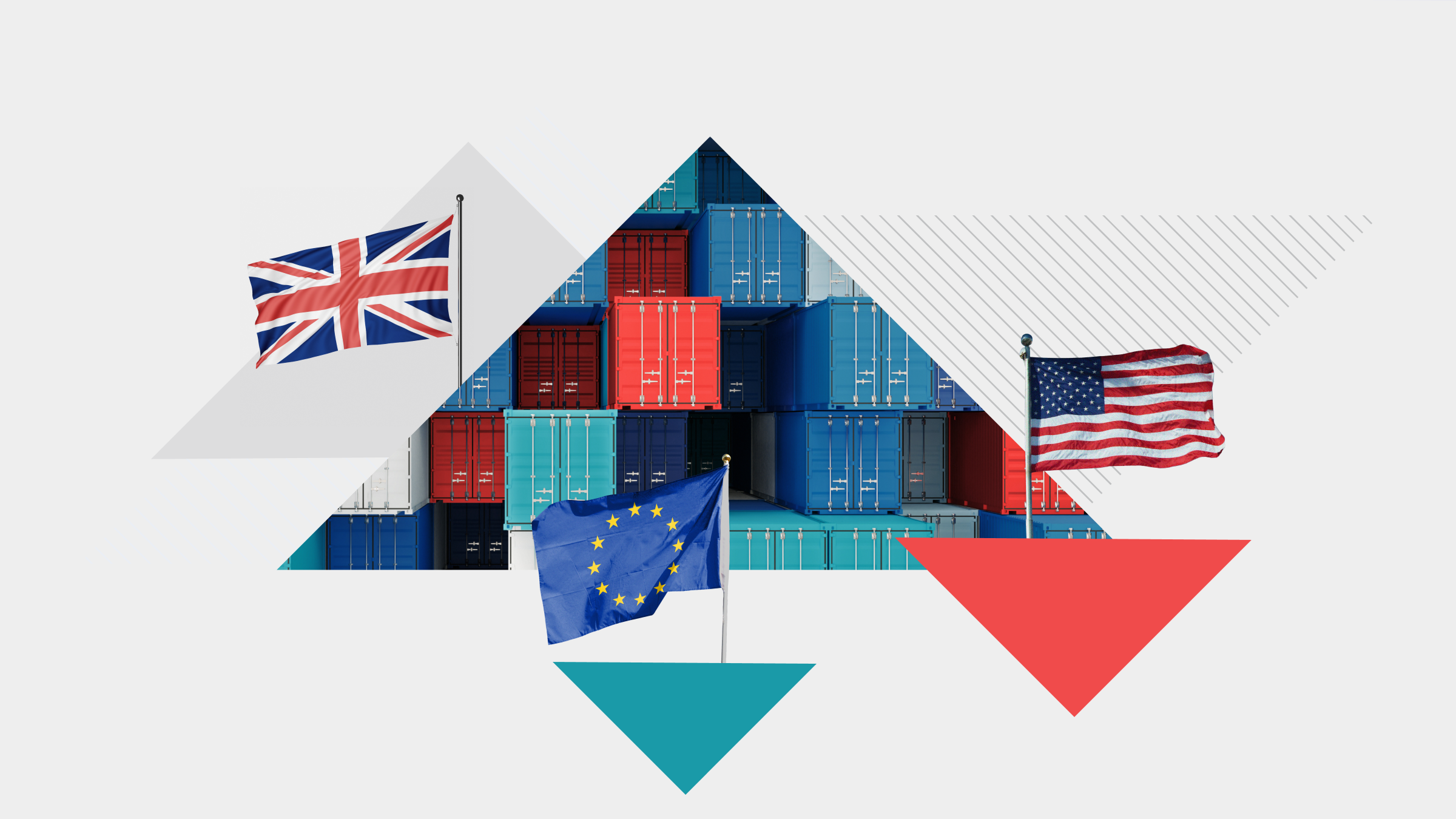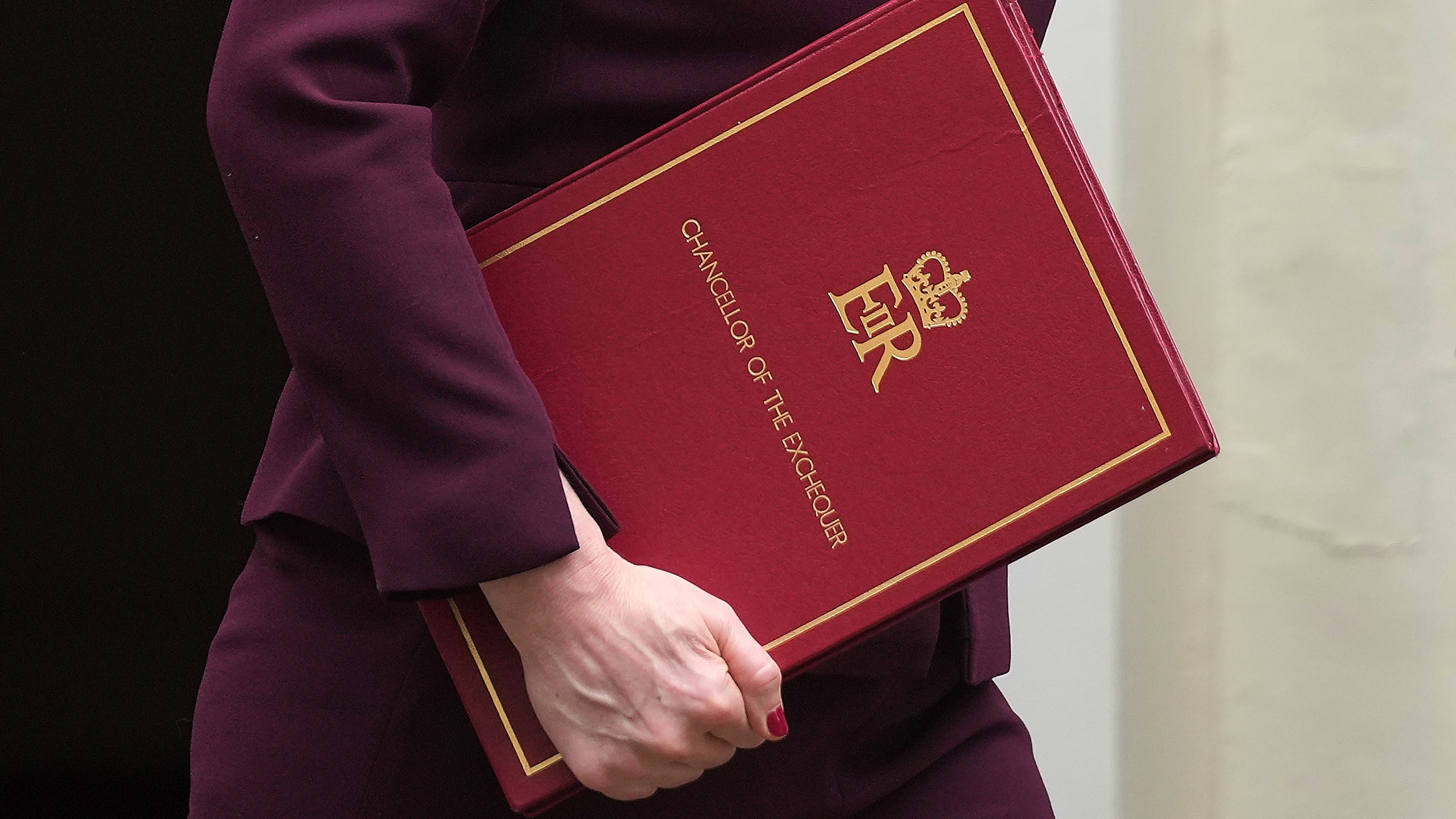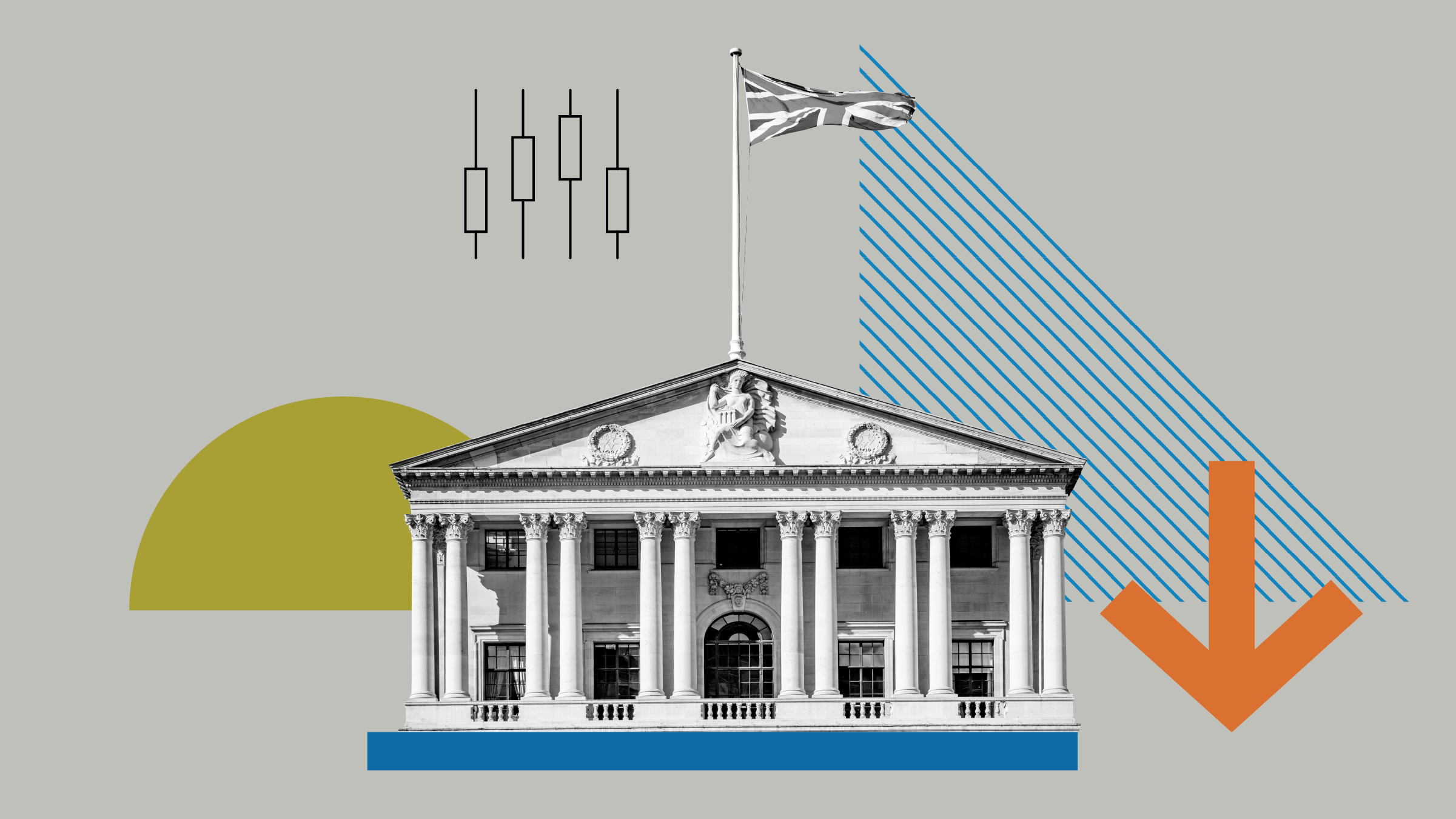
Sustainability usually means two things in the investment world – and it can sometimes be confusing to figure out whether it means a stock that is performing well or one that’s doing right by the planet. And unfortunately, the two do not always go hand in hand.
A financially sustainable stock could be defined as one that is consistently providing a dependable dividend - particularly important to income investors seeking reliable payouts. However, such stocks have had a hard time in the past year with many firms forced to slash their payouts last year. That's why investors must be selective, says Dan Lefkovitz, a strategist for Morningstar's Indexes group. “Looking for the most yield-rich areas of the market can often lead you into troubled areas and dividend traps – companies may have a nice-looking yield, which is ultimately unsustainable. You have to really screen for dividend durability, sustainability going forward,” he explains.
However, sustainability is also about addressing environmental, social and governance (ESG) issues, and stocks in this category are focusing on thriving without compromising the planet, people or future generations.
So are there any stocks that tick the boxes for both types of sustainability? Using the Morningstar UK Sustainability Dividend Yield Focus Index, we have identified six assets with the potential to provide guilt-free dividend.
Highest Yielding ESG Dividend Stocks

Unilever
Fundamentals: A stalwart for dividend investors, ice cream, comfort food and soap producer Unilever is currently the highest-yielding FTSE stock, according to our monthly table of top dividend payers. It has also been our Stock of the Week due to its ability to provide long-term share price gains. Unilever has a wide economic moat due to its retail supply chain and cost advantages.
Sustainability: When it comes to exposure to ESG risks, Unilever is at a medium level. There is consumer pushback against unrecyclable packaging and palm oil reliance, with the latter being linked to human rights issues. However, the company has a positive reputation as a market leader in its efforts to reduce exposure to such materials and has committed to halving its environmental impact by 2030.
Reckitt Benckiser Group
Fundamentals: Reckitt produces brands across household, personal-care, infant formula and consumer health. Reckitt generates around 40% of sales from emerging markets and after a couple of tough years, particularly in China, a new management team has outlined a path to profitable growth. Morningstar analyst Philip Gorham believes it will be successful due to its wide moat and secular growth drivers.
Sustainability: Reckitt, like Unilever, uses unrecyclable packaging and palm oil. With the 2017 acquisition of Mead Johnson Nutrition, which expanded its Asia presence, it is exposed to product quality and safety risks, on top of existing business ethics issues (anti-competitive practices, intellectual property litigation and animal testing). But Morningstar-owned ESG ratings agency Sustainalytics rates the company’s overall management of ESG issues as strong, as it has implemented board-level corporate responsibility for sustainability.
Pearson
Fundamentals: The world’s largest educational provider, some 60% of Pearson's business focuses on providing learning resources and with a dominant market position it is also able to work closely with schools and universities, unlike its competitors. Senior equity analyst Michael Field says: “Given its ability to outspend peers, we believe the company will be at the forefront of digital development". Around 66% of its business is now digital or at least digitally enabled.
Sustainability: On the sustainability side, Pearson’s risk is rated as negligible. As a UK Global Compact signatory, the company reports its ESG initiatives in a sustainability report as well as in its annual report and has no carbon risk. One potential risk is the reliance on third parties to manage its technological shift, but the company’s overall management of ESG issues is rated as strong.
RELX
Fundamentals: Diversified information and analytics company RELX is now 90% electronic, up from 35% – electronic revenue represents 87% of its total (up from 4% in 2019) and 60% of its revenue is subscription-based. Morningstar believes three out of four of RELX’s businesses are moaty in nature and should continue to benefit from long-term structural drivers. Morningstar's Field is less optimistic about the company’s exhibition business, however, and the company is trading 20% above its fair value estimate and holds a two star Morningstar rating.
Sustainability: RELX has the lowest ESG risk rating of our top-yielding assets. Like Pearson, it has zero carbon risk, and main concerns revolve around data privacy, cybersecurity and intellectual property risk. It is managing its material risk issues well, implementing penetration testing and Advanced Threat Protection to detect and prevent cybersecurity threats, and in 2020, invested £11 million in employee training. It has also implemented diversity initiatives like the Women in Technology mentoring programme.
Schroders
Fundamentals: Asset manager Schroders was our second-highest yielding FTSE stock overall in June. Its main challenge is the decline in its management margin fee, but according to equity analyst Johann Scholtz, this is also a positive: “To halt this decline, Schroders has laid out a strategy that hits all the right notes. It will focus its resources on higher-margin asset classes, increasing ownership of client relationships, and on investing heavily in technology to compete in a digital world. The proof will be in execution.”
Sustainability: Schroders uses ESG best-in-class considerations and exclusions for all its investment decisions, with detailed disclosures on risks for its fund products. However, Sustainalytics notes that a lack of investment options with a sustainability dimension may lead to missed business opportunities, and as it operates in multiple countries, it is required to comply with various regulation.
Ferguson PLC
Fundamentals: Recent results from Ferguson, distributor of plumbing and HVAC products, came in well ahead of our expectations; revenue from continued operations surged 25% year-over-year to $5.9 billion from residential construction and repair and remodel spending in the US. The firm sold its UK business in 2021 and is now solely focused on the US market. Morningstar analyst Brian Bernard says: “We award Ferguson a narrow economic moat rating because we expect its competitive positioning will allow it to generate excess returns over the next decade.”
Sustainability: The company does have weak ESG reporting practices, however, it also has good board-level oversight and a strong environmental policy. Ferguson has strong standards to manage social supply chain issues such as child and forced labour, and an adequate whistle-blower programme. But, due to its employee base and qualification needs, the company is exposed to labour relations issues and skill deficit. It is exposed to some carbon risk as well as increasingly stringent regulation, however, the overall exposure is low.








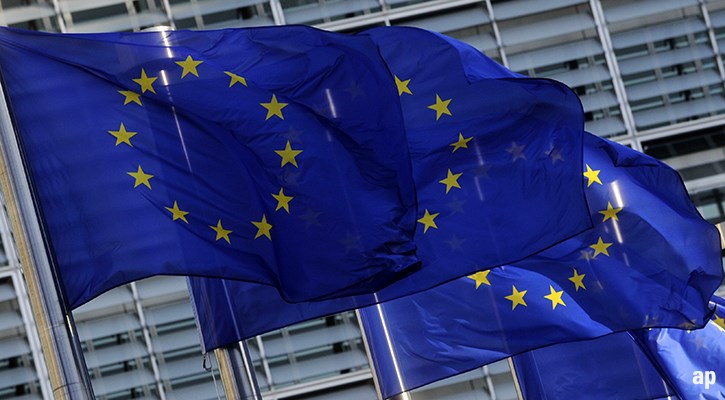

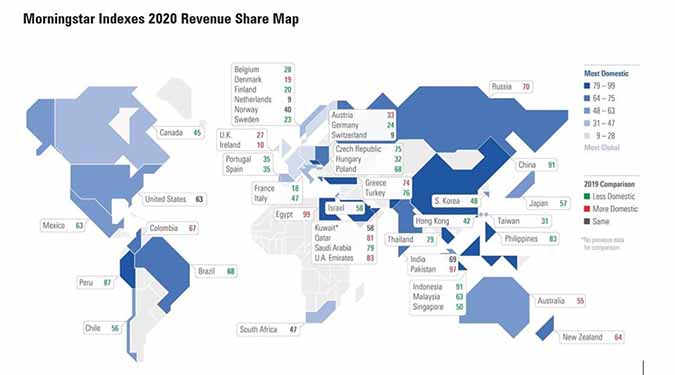
:quality(80)/cloudfront-us-east-1.images.arcpublishing.com/morningstar/6BCTH5O2DVGYHBA4UDPCFNXA7M.png)







